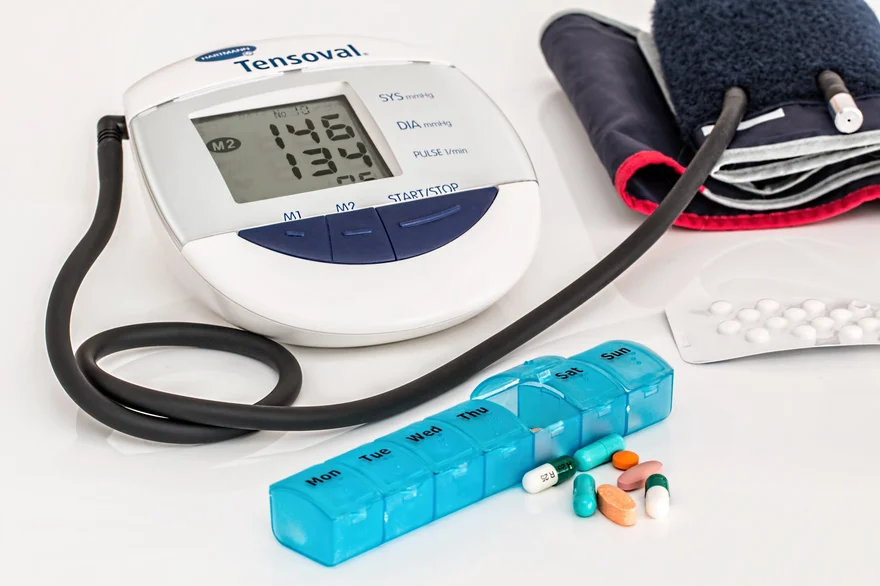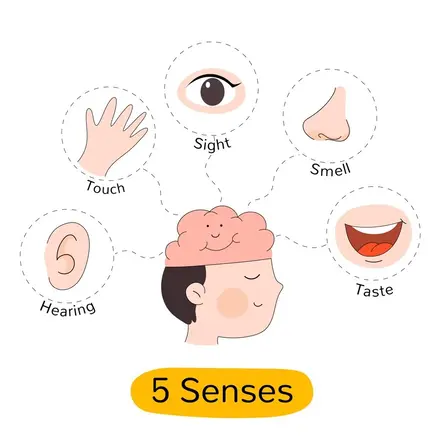stress and hypertension
Chronic Stress And Hypertension—How Is It Connected?
Introduction In today's fast-paced world, stress has become an unavoidable part of daily life. However, when stress becomes chronic, it can have serious implications for our health, particularly in the form of hypertension or high blood pressure. Understanding the connection between chronic stress and hypertension is crucial for effectively managing blood pressure and promoting overall well-being. This article will explore the impact of stress on the body, the physiological mechanisms linking stress and hypertension, and practical strategies for stress management for hypertension control. What is hypertension? Hypertension is a condition characterised by consistently elevated blood pressure in the arteries. It's often called the "silent killer" because it usually has no symptoms until it causes serious complications like heart disease, stroke, and kidney failure. There are two main types of hypertension: Primary (essential) hypertension: This type develops gradually over time with no identifiable cause. Secondary hypertension: This type is caused by an underlying health condition, such as kidney disease or hormonal disorders. Risk factors for hypertension include age, family history, obesity, sedentary lifestyle, high-sodium diet, excessive alcohol consumption, and chronic stress. The physiology of stress When you encounter a stressful situation, your body activates the fight-or-flight response, releasing hormones like adrenaline and cortisol. These hormones prepare your body for action by: Increasing your heart rate and blood pressure Redirecting blood flow to your muscles Releasing glucose for energy Suppressing non-essential functions like digestion The long-term impact of stress on the body can have an influence on your cardiovascular system, even though this reaction is helpful in emergency situations. How does stress contribute to hypertension? The impact of stress on the body and its role in hypertension involves both physiological mechanisms and behavioural responses. Chronic stress can lead to sustained elevations in blood pressure through direct bodily effects and by influencing lifestyle habits. Here's how: Chronic activation of stress response When you experience chronic stress, your body's stress response is repeatedly or continuously activated. This impact of stress on the body leads to: Persistent sympathetic nervous system activation, keeping your heart rate and blood pressure elevated. Increased production of stress hormones like cortisol, which can damage blood vessels and contribute to hypertension. Failure of blood pressure to return to normal levels after stressful events, leading to sustained elevations. Over time, this constant impact of stress on the body can affect the cardiovascular system and cause the blood vessel walls to thicken and lose elasticity, increasing your risk of hypertension. Behavioral responses to stress The impact of stress on the body often prompts unhealthy behaviours that can further exacerbate hypertension risk: Overeating or consuming high-sodium comfort foods Neglecting physical activity Smoking or excessive alcohol consumption as coping mechanisms Poor sleep habits These behaviours can directly contribute to high blood pressure or indirectly influence it by leading to weight gain and other risk factors. Direct physiological effects The impact of stress on the body can have direct physiological consequences that contribute to hypertension. The sustained release of stress hormones like cortisol can cause: Increased sodium retention, leading to fluid buildup and elevated blood pressure Insulin resistance, which is associated with hypertension and other metabolic disorders Inflammation and oxidative stress, damaging blood vessels and promoting hypertension These direct physiological effects highlight the complex interplay between stress and hypertension and the importance of addressing chronic stress for effective blood pressure management. Managing stress to control hypertension Effectively managing stress is a key component of hypertension prevention and control. Some strategies for stress management for hypertension include: Practicing relaxation techniques, such as deep breathing, meditation, or yoga Engaging in regular physical exercise, which helps reduce stress and lower blood pressure Maintaining a balanced diet rich in fruits, vegetables, whole grains, and lean proteins Limiting alcohol consumption and avoiding smoking Prioritising sufficient sleep and establishing a consistent sleep routine Seeking professional support, such as cognitive-behavioral therapy or counseling, to develop coping strategies Conclusion The link between chronic stress and hypertension is well-established, highlighting the significant impact of stress on the body. By understanding the physiological and behavioural ways stress influences blood pressure, you can take proactive steps to manage both stress and hypertension. Combining effective stress management techniques with a heart-healthy lifestyle and regular check-ups can help keep your blood pressure under control. If you are concerned about your blood pressure or the impact of stress on the body, consider reaching out to Metropolis Healthcare for comprehensive diagnostic services and health check-ups. With a commitment to accurate testing and personalised care, Metropolis Healthcare can help you prioritise your well-being and make informed decisions about your health. FAQs Can stress cause high blood pressure? Yes, the chronic impact of stress on the body can lead to high blood pressure over time. When you're stressed, your body releases hormones that temporarily elevate your blood pressure. With repeated or prolonged stress, these temporary increases can cause long-term hypertension. Why is chronic stress harmful to blood pressure? Chronic stress keeps your body in a constant state of fight-or-flight, with stress hormones continuously elevating your heart rate and blood pressure. Over time, this persistent strain on your cardiovascular system can damage blood vessels and lead to hypertension. What are some common symptoms of stress-related hypertension? Stress-related hypertension may not cause noticeable symptoms initially. However, some people may experience headaches, dizziness, chest pain, palpitations, or shortness of breath. It's essential to monitor your blood pressure regularly, as hypertension is often asymptomatic until complications arise. Can high blood pressure caused by stress be reversed? Yes, high blood pressure caused by the impact of stress on the body can often be reversed through a combination of stress management techniques, lifestyle changes, and medication if necessary. Lowering your stress levels, adopting a heart-healthy diet, exercising regularly, and working with your doctor can help bring your blood pressure back to a healthy range.














 WhatsApp
WhatsApp